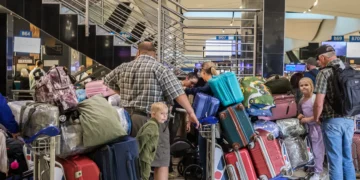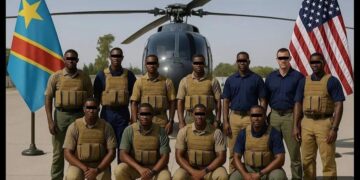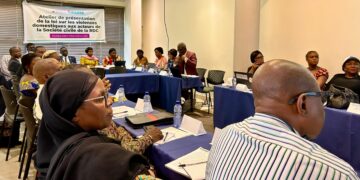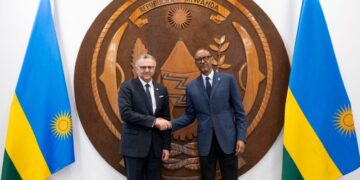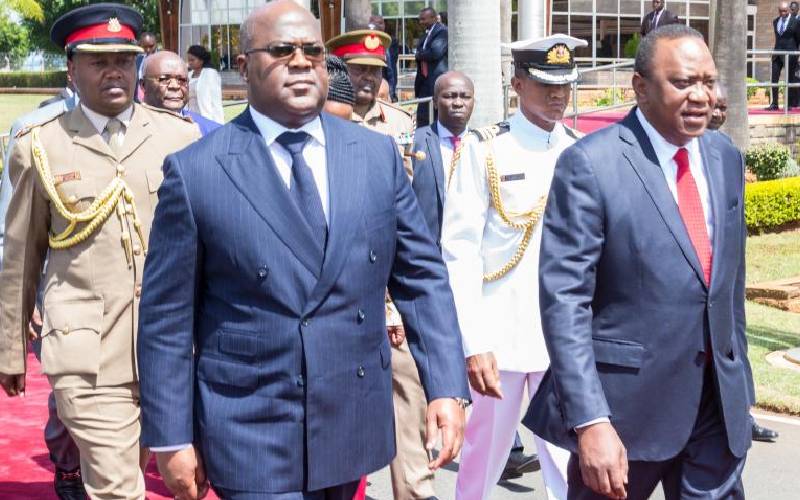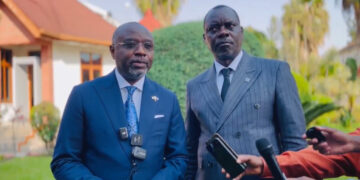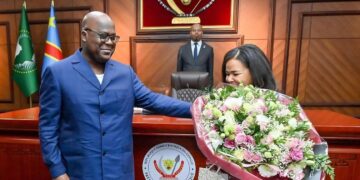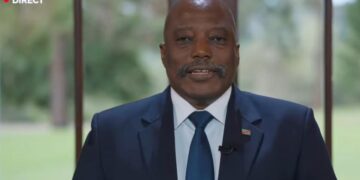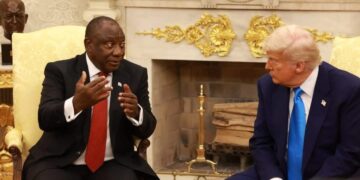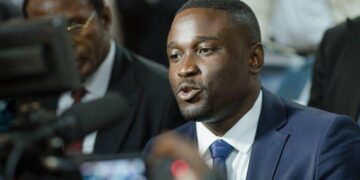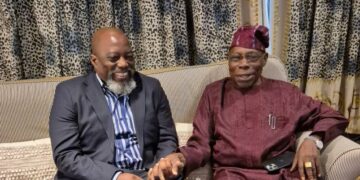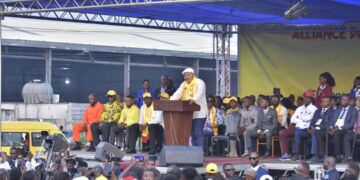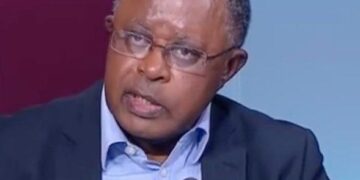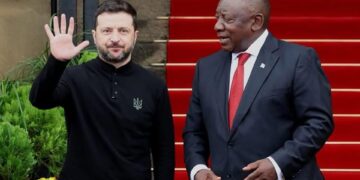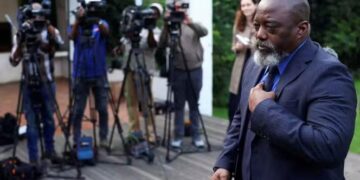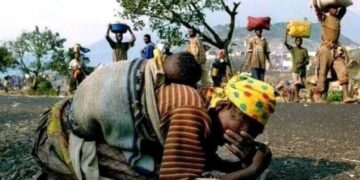Kabila’s return to Goma is not just a personal or symbolic move — it is a political earthquake. For many Congolese, it represents the ultimate betrayal: the former leader arriving under the implicit protection of the very forces that have brought bloodshed and destruction to the country.
A City Under Siege, a Nation Under Attack
Goma is not a neutral location. As the capital of North Kivu, the city stands at the heart of an active war zone. The M23 rebel group, widely condemned for its brutal tactics and supported militarily by neighboring Rwanda, has destabilized the region for over a decade. After a resurgence in 2022, the group has systematically taken control of vast areas of eastern DRC, committing massacres, looting natural resources, and displacing millions.
The international community, through reports from the United Nations and independent observers, has repeatedly confirmed the involvement of the Rwandan Defense Forces (RDF) in the conflict — a blatant act of aggression against Congolese sovereignty. And yet, in the midst of this foreign-backed war, Joseph Kabila chose Goma — a city under siege — as the site of his return.
Kabila’s Legacy and the Shadows of M23
Joseph Kabila’s 18-year rule, from 2001 to 2019, was marked by a mixture of military stalemates, authoritarian drift, and economic stagnation. But perhaps most damning was his failure to dismantle the networks that allowed foreign-backed militias to thrive in eastern Congo. During the M23’s first major uprising in 2012–2013, Kabila’s government was accused of being either unwilling or unable to stop the rebels, despite international pressure and widespread domestic criticism.
Now, a decade later, his return to Goma amid renewed M23 aggression raises chilling questions: Is this merely a coincidence? Or does it mark a deliberate alliance — an unholy pact — with the forces that are currently destabilizing the country?
Rumors have long circulated about Kabila’s ties to Rwanda’s Kagame regime. Throughout his presidency, key military and political figures in his inner circle were accused of collusion with Rwandan interests. His vast personal wealth, his silence on Rwanda’s role in the eastern conflict, and now his calculated reappearance in a city under threat — all add fuel to the fire.
A Silence That Speaks Volumes
What makes Kabila’s return even more inflammatory is his silence. No press conference, no statement of solidarity with displaced populations, no condemnation of the M23, and no expression of loyalty to the Congolese army currently fighting and dying on the frontlines.
This silence is not neutrality — it is complicity. In a time of war, the absence of condemnation becomes tacit endorsement. And for a former President, whose legacy is bound to the history of the nation, such an attitude is more than negligent. It is treasonous.
The Risks of a Political Comeback
Many observers fear that this return is not innocent. It may signal the first step in a broader political maneuver. With the current government under pressure, and popular frustration mounting due to the ongoing conflict and humanitarian crisis, some believe Kabila is positioning himself for a comeback — or at the very least, to remain a key power broker, backed by regional players like Rwanda.
If so, it would mean the continuation of a dangerous cycle: foreign manipulation of Congolese politics, using military proxies and political alliances to maintain influence over the region’s vast mineral wealth.
The implications are dire. A return of Kabila to active politics, under the shadow of the M23 and Rwandan military presence, would not only destabilize the eastern provinces but fracture the nation as a whole. It would send a message that power in the Congo can still be bought with blood and betrayal.
The Nation Responds: Outrage and Resistance
The reaction from civil society, political leaders, and citizens has been swift and unforgiving. Social media erupted with condemnations. Protesters gathered in Kinshasa, Bukavu, and Beni, denouncing what they see as the normalization of treason. Several MPs have called for an official investigation into Kabila’s motives and security arrangements.
Veterans of the Congolese army, families of the war’s victims, and religious leaders have issued statements demanding that Kabila publicly clarify his position. Many are calling for the Senate to reassess his status as “senator for life,” arguing that such honors are incompatible with behavior that undermines national unity and sovereignty.
A Historic Turning Point
History will remember April 18, 2025, not just as the day Joseph Kabila returned — but as the moment the Congolese nation was forced to confront one of its darkest truths: that betrayal can come not only from outside, but from within.
In the face of this moment, the Congolese people are called once again to vigilance, to resistance, and to unity. The battle for Congo is not only one of territory — it is a battle for memory, for dignity, and for the soul of the Republic.
And one thing is certain: the people will not forget. And they will not forgive.


